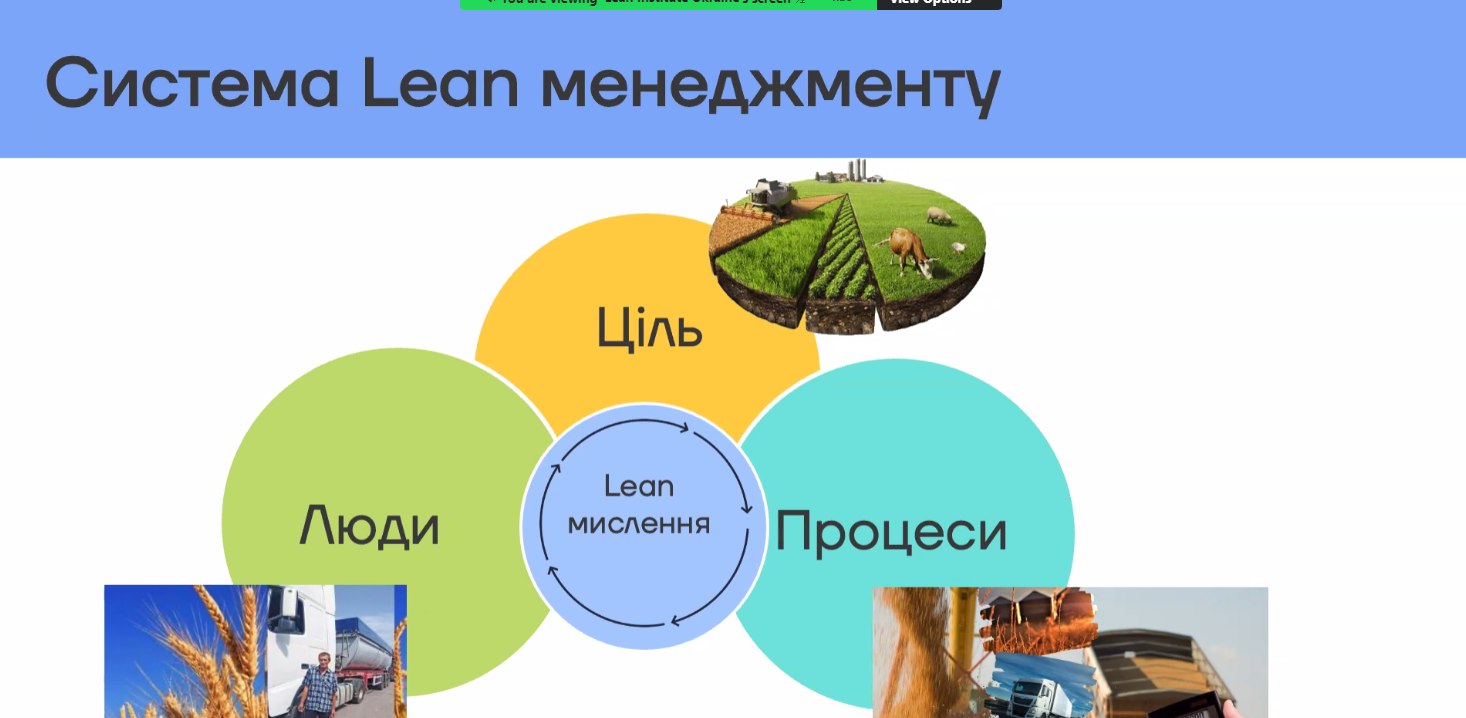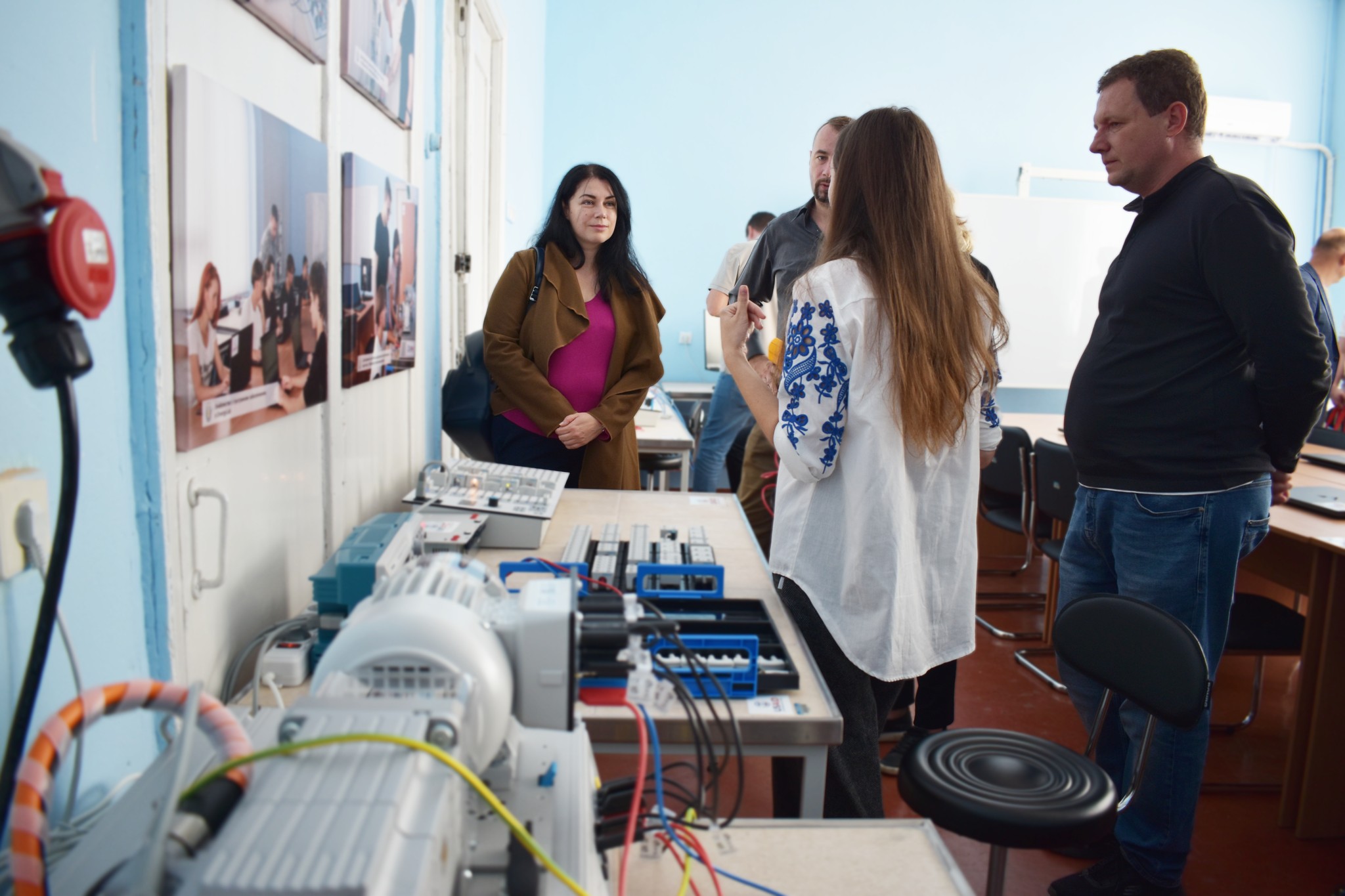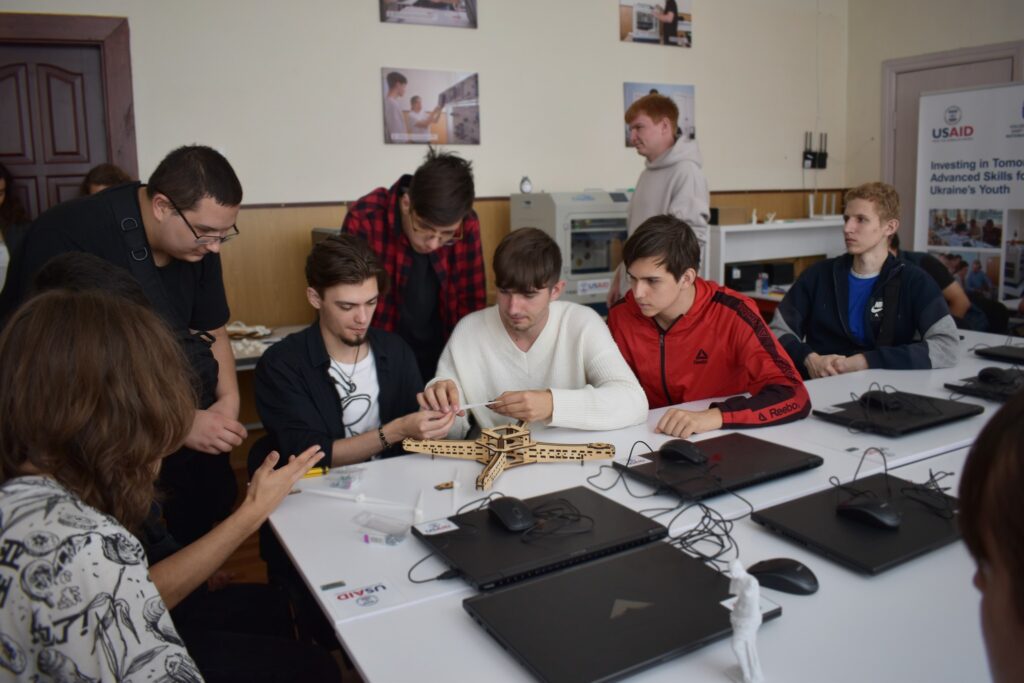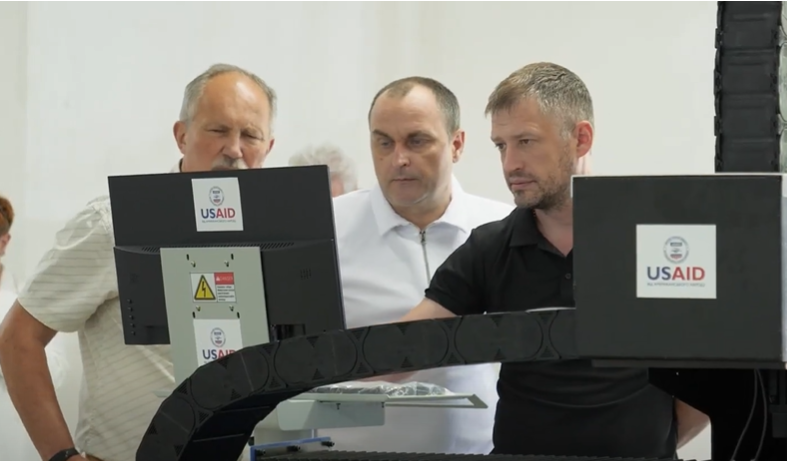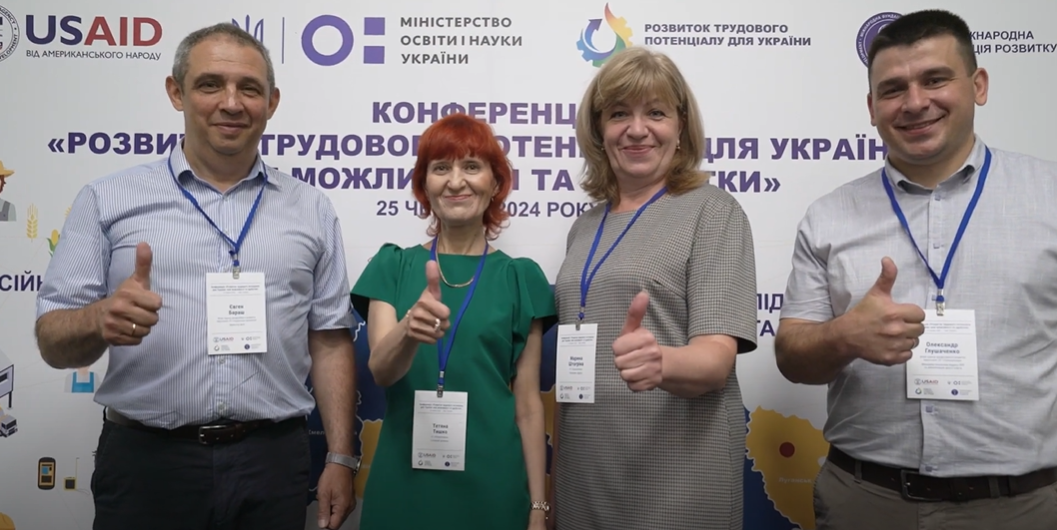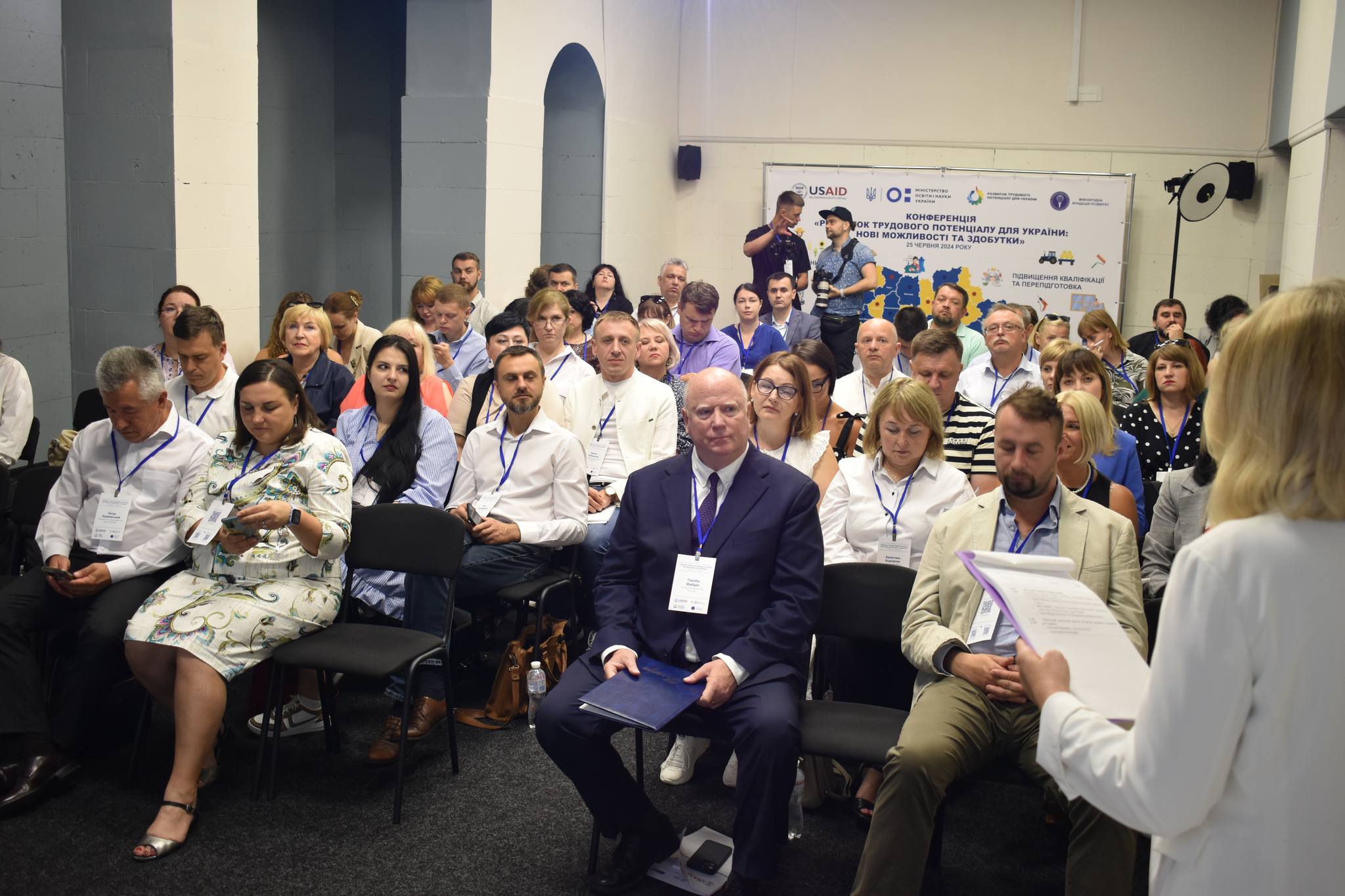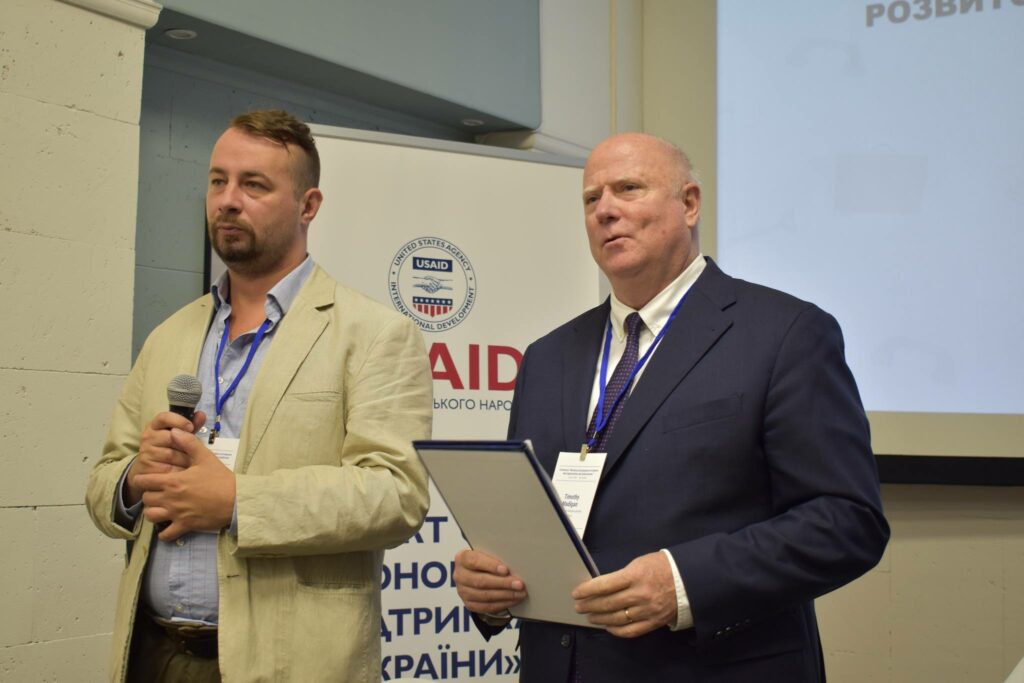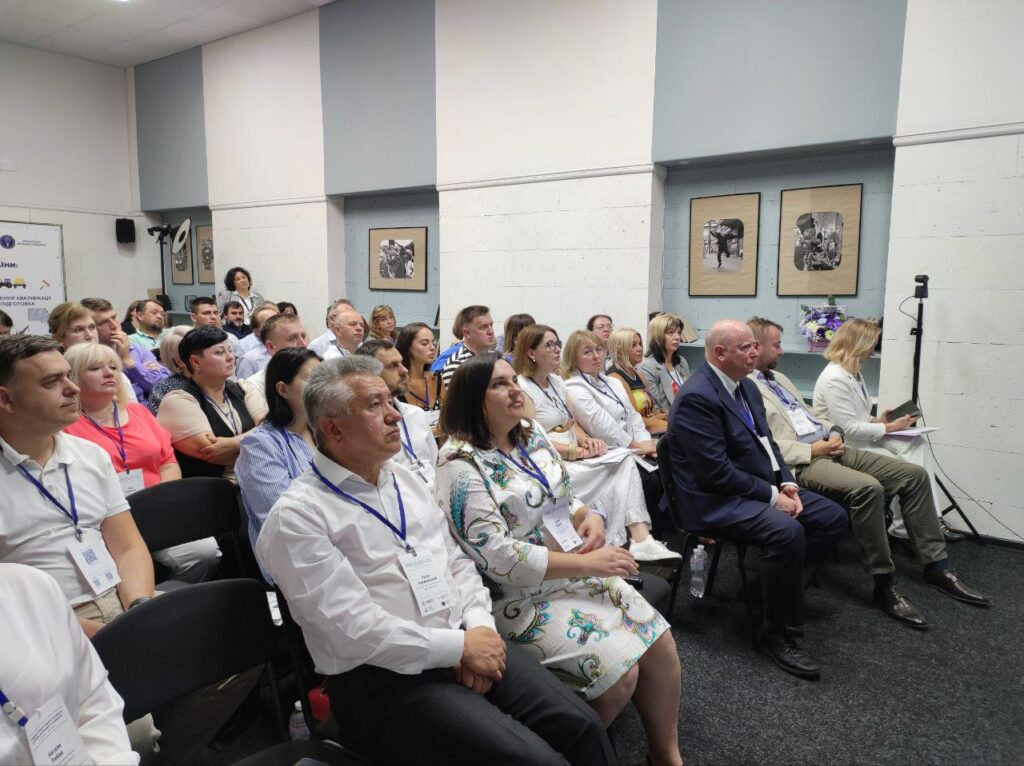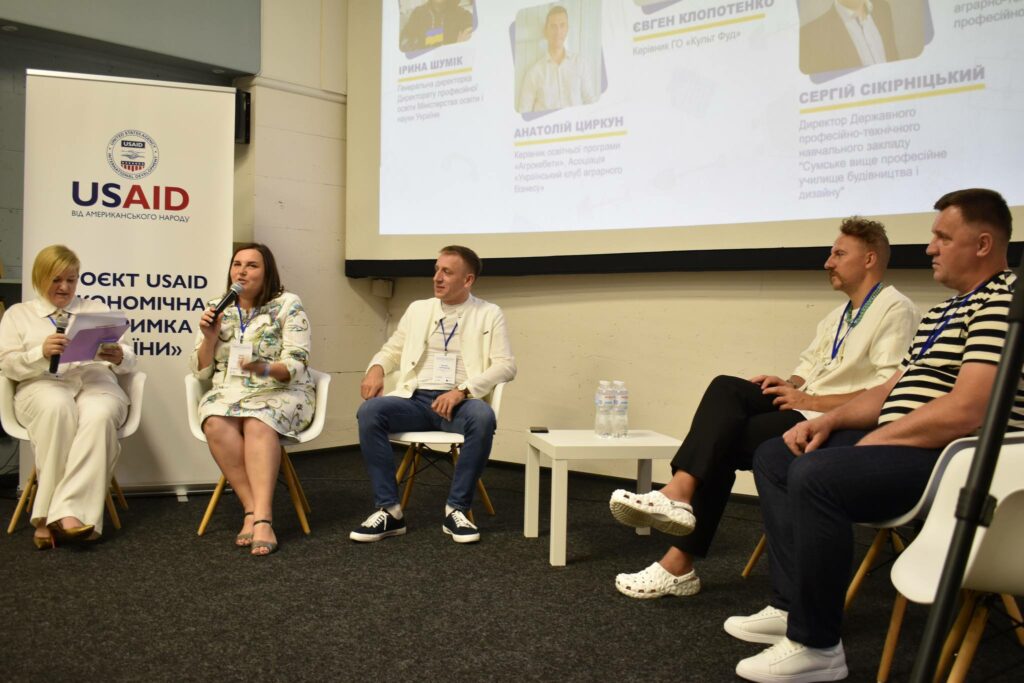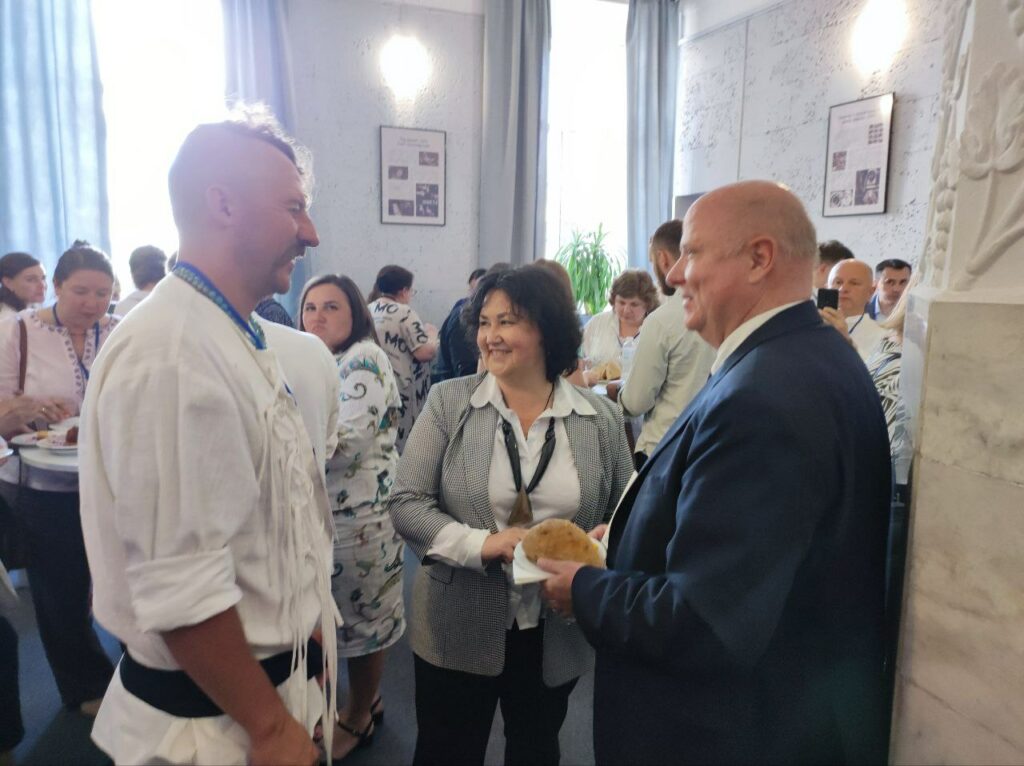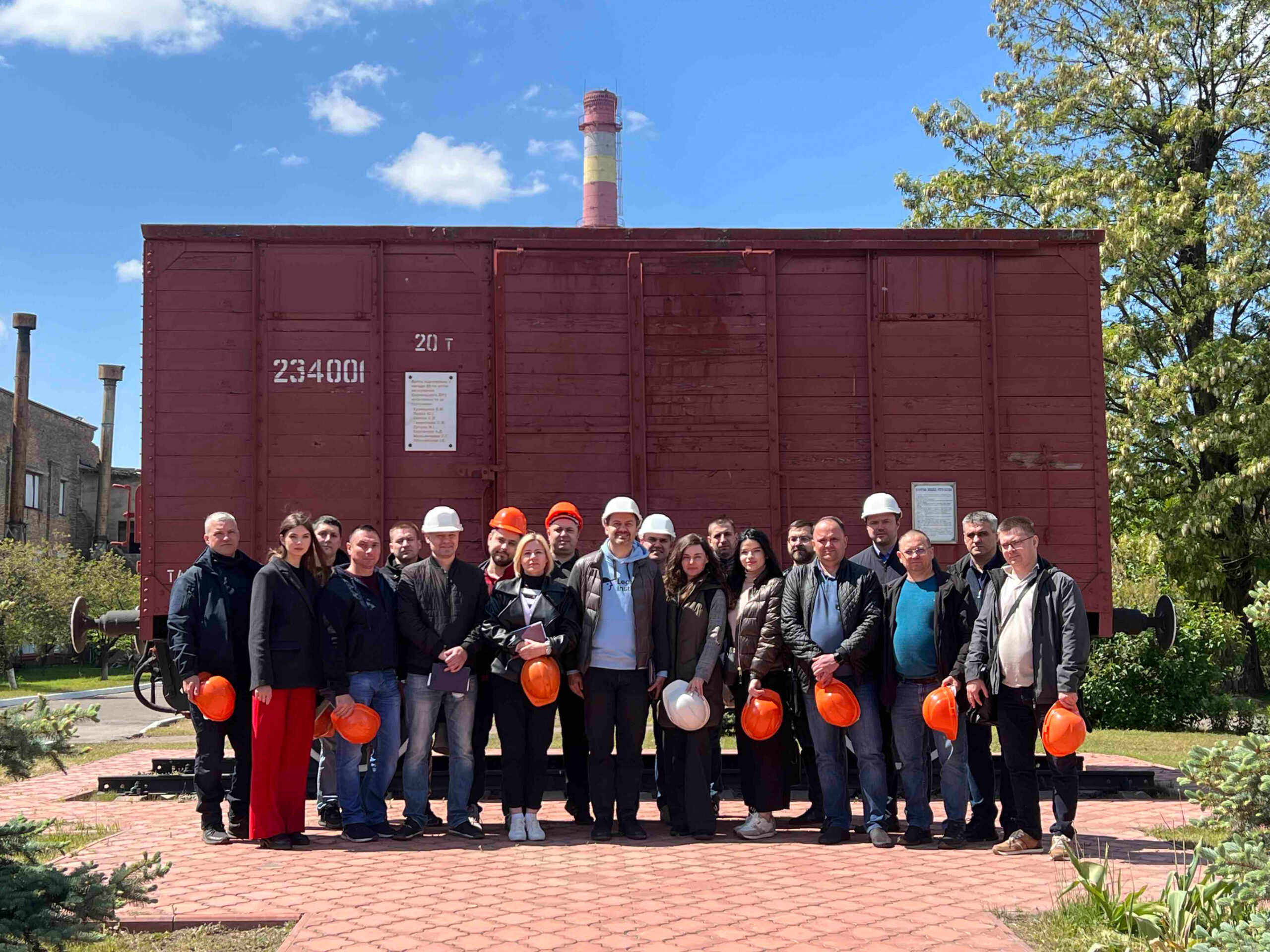On October 14 and 16, more than 50 representatives from four USAID Economic Resilience Activity (ERA) agri company partners, including Agro-Region, Soufflet Agro Ukraine, MHP, Kernel, and Ukrzaliznytsia, participated in two webinars organized by one of ERA’s grantees, NGO Lean Institute Ukraine. Lean Institute Ukraine consultants, Andrii Dmytriiev and Tetiana Oztunch, hosted the webinar, with the aim of improving various company processes through continuous learning.
Lean methodology is a set of management practices that provides value for customers by encouraging companies to find ways to reduce delays and eliminate waste, focused on people, goals, and processes. Through the webinar, agri companies gained knowledge that will help them optimize logistics processes and reduce time spent on daily grain export operations.
Webinar participants analyzed value cases for the customer in the grain shipment process, identified what constitutes as value for the customer, and what represents losses. Among the eight main types of waste are excessive transportation, inventory, unnecessary movements, waiting, overproduction, excess processing, defects, and unrealized employee potential. Participants mastered the structure, tools, and objectives of mapping using a wheat receiving example.
“This is a great opportunity for companies to reduce their production costs by reviewing their work processes,” said consultant Dmytriiev. “Daily processes must be structured in such a way that the needs of the customer come first. The customer is not interested in how you prepare the contract or why the truck was delayed at the border; they want to receive their goods on time. Thus, customer value is about solving problems where they arise – quickly, fully, without unnecessary time wastage, and minimizing the number of decisions.”
These webinars are the first of seven for agri-logistics companies, which will run until November 6. In addition to this course, there are plans to conduct Kaizen events for agri-logistics companies, rapid training for agri-logistics personnel, a course on service and technical maintenance of agricultural, logistics, and laboratory equipment, as well as systematic post-training support.
